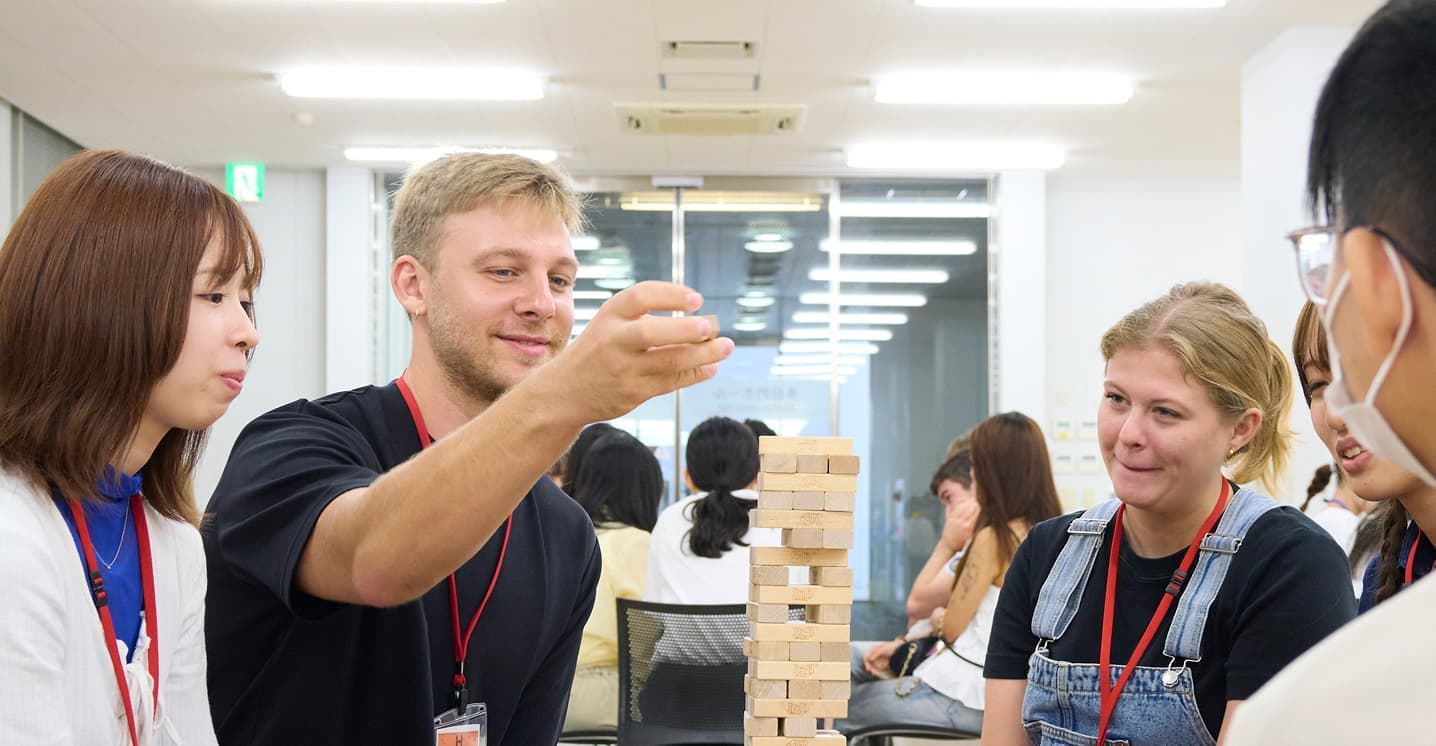
Graduate School of Psychology and Medical Sciences
The Graduate School of Psychology and Medical Sciences integrates six specialized areas—psychology, clinical psychology, social welfare studies, speech-language-hearing sciences, vision sciences, and sports and health medical sciences—to train advanced professionals and researchers dedicated to maintaining and improving mental and physical health. Centering on psychological approaches, the program prepares students for practical roles in clinical, welfare, medical, and educational settings. Notably, the Major in Clinical Psychology offers pathways to obtain certification as a licensed psychologist or clinical psychologist.
Research Keywords
- Psychology and Clinical Psychology
- Social Welfare Studies & Welfare Support
- Speech-Language Pathology and Communication Disorders
- Visual Sciences and Visual Rehabilitation
- Sports and Health Medical Sciences
Potential Career Paths
- Medical and Welfare:Licensed psychologist, clinical psychologist, counselor in medical or welfare facilities
- Education and Research:University faculty, researcher at research institutes, specialist in special needs education
- Community Support:Municipal psychological support staff, industrial counselor, rehabilitation professional
- Health and Sports:Mental support for athletes, sports psychologist
Educational Objectives and Distinctive Features
-

1. Integrated Learning Across Diverse Specializations
Grounded in psychology, the program provides students with the knowledge and perspectives needed to address mental and physical health across the fields of healthcare, welfare, education, and health sciences.
-

2. Training Practitioners with a Research Mindset and Researchers with Practical Insight
We support students in obtaining certifications as licensed psychologists and clinical psychologists, developing skills that make them immediately effective in clinical settings while fostering the ability to identify and solve practical challenges. Students also gain specialized knowledge in social welfare and rehabilitation, enabling them to contribute effectively in healthcare and welfare environments. Moreover, the program encourages practical research with real-world applications.
-

3. Advanced Research Support Through Personalized Guidance
With small-class instruction, specialized faculty provide close guidance, enabling students to acquire advanced research and professional skills.
-

4. Cross-Disciplinary Learning and Practical Approaches
While maintaining specialization in each field, the program fosters the integration of psychology, healthcare, and welfare, preparing researchers and practitioners with practical perspectives.
-

5. Curriculum Focused on Social Contribution
Emphasizing a balance between research and practical application, the program encourages students to apply their findings within communities and professional settings, developing the skills needed to make tangible contributions in the field.
Students gain the knowledge and practical skills necessary to contribute at the forefront of mental health, welfare, and healthcare.
Back to IndexThis site uses a machine translation service.




